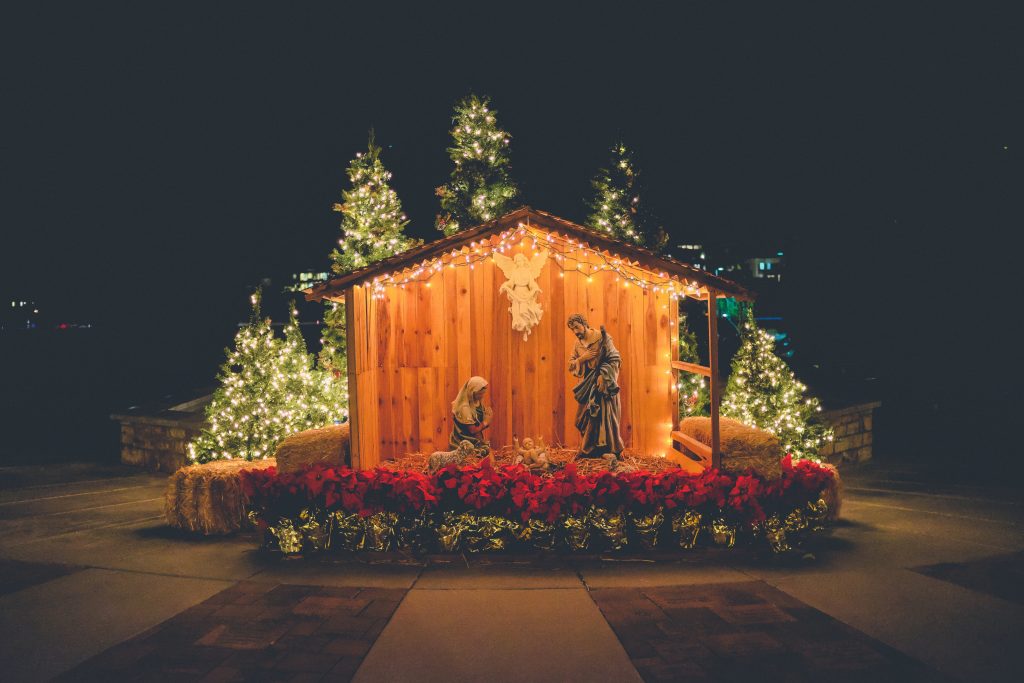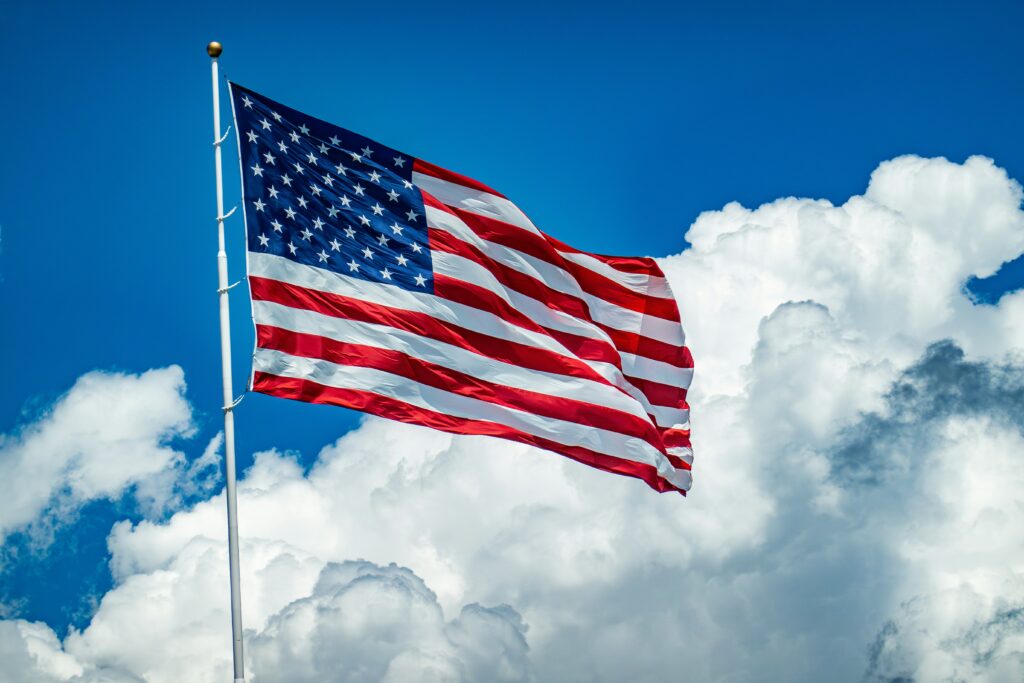
Another new year. My 70th. After a while they all sort of blend together, don’t they?
Since I started this blog back in July 2017, this is my seventh New Year’s post. (I know the math doesn’t work; I didn’t post about New Year’s Day in 2018, because apparently I took a break between 12/18/17 and 1/8/18. I was young and relatively inexperienced in those days.)
Seven being the number of completeness, maybe I should quit after this one. But I don’t expect to.
It’s usually fun to reach a turning point like this—a new year, a new baby, a new job, a new house—and to anticipate the ways that it will change what lies ahead. I’m one of those optimists you hear about, and I tend to over-expect what good things might happen. That puts a spring in your step, but it also sets you up for disappointment.
Others, perhaps less optimistic, or just under realistic threat of coming or continuing hardship, have expectations that are less sanguine. If the optimist’s weak spot is disappointment, the pessimist’s is fear.
The Scripture speaks to both of those.
To the disappointed it speaks of God’s sovereign goodness, the rightness and propriety of the expected thing’s not happening. The steps of a good man are ordered by the Lord (Ps 37.23). Further, it speaks of the importance of not finding our ultimate satisfaction in what happens to us here (Ec 1.2-3).
To the fearful it speaks abundantly; the expression “fear not” or something similar appears 75 times in the Scripture, and while many of those are referring to specific situations, the general application is clear. We fear God (Ec 12.13) but don’t fear anything else.
But it has more to say to both groups than that. Three interrelated thoughts.
First, this year, this life, this entire history of life on earth, are all temporary. Old coots are more sensitive to that than young ones (and yes, there can be young coots; look it up). The difficult things won’t last, and neither will the good things. While it’s impossible to be completely passive—stoic or Buddhist—about the trials and joys of life, we do find comfort in the knowledge that the trials will end, and we find warning in the knowledge that the earthly things we find joy in will not be permanent either.
Second, as I’ve noted, life is providential; there is a wise and loving God directing our path through, and including, the trials and joys. They make sense—though not always to us at the time—and they serve a good and profitable purpose. Paul tells us that
we glory in tribulations also: knowing that tribulation worketh patience; 4 And patience, experience; and experience, hope: 5 And hope maketh not ashamed; because the love of God is shed abroad in our hearts by the Holy Ghost which is given unto us (Ro 5.3-5).
The hard things—as well as the enjoyable things, I would add—give us the opportunity to endure, which makes us stronger, which enables us to overcome, which gives us confidence the next time. In our joys and in our sorrows, we’re getting useful things done, and we’re becoming the improved version of ourselves that will live forever. Life is temporary, but it’s an important investment.
And that leads to the third thought: there’s more and better coming, and it will not be broken, and it will not be temporary. And no, this is not pie in the sky (though, given that the tree of life bears fruit every month [Re 22.2]), maybe there will be pie; who knows?). This is the promise of God:
3 And there shall be no more curse: but the throne of God and of the Lamb shall be in it; and his servants shall serve him: 4 And they shall see his face; and his name shall be in their foreheads. 5 And there shall be no night there; and they need no candle, neither light of the sun; for the Lord God giveth them light: and they shall reign for ever and ever (Re 22.3-5).
In this New Year, live with the end in mind.
Happy New Year.
Photo by Jeremy Perkins on Unsplash





